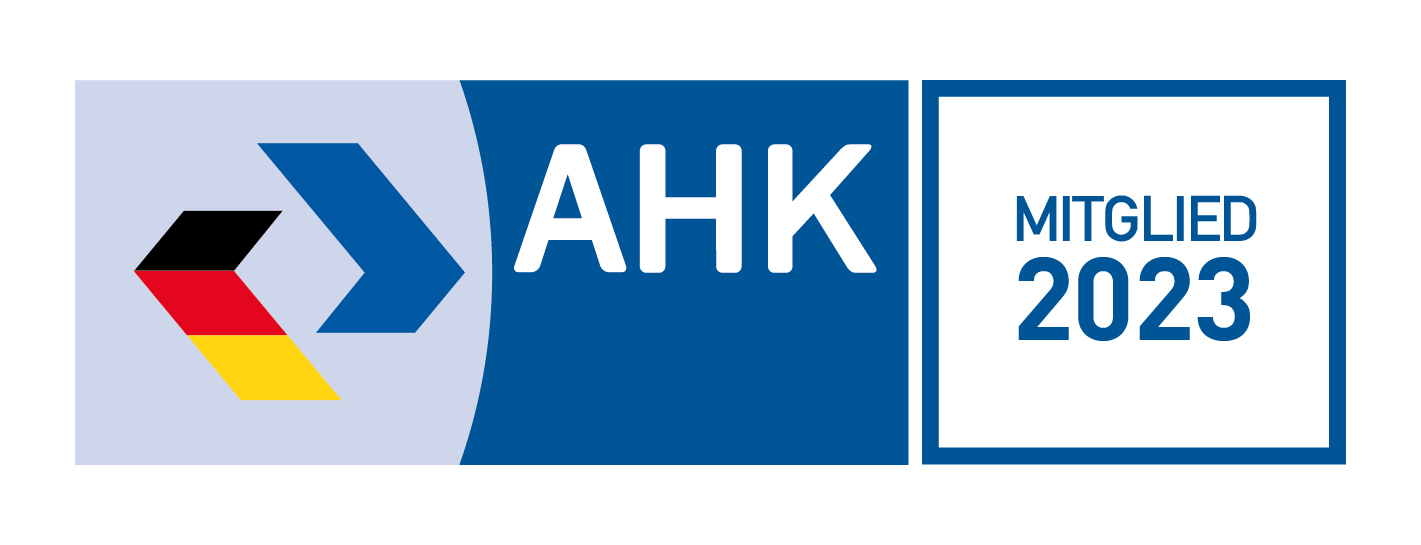Holger Weber interviewed by Dr. Gudrun Escher
Language is patient, and many a sustainability assessment has more to do with green washing than with reality. It has long been questionable whether all “Article 8” or “Article 9” funds actually deliver what they promise. In an interview with Dr Gudrun Escher, editor-in-chief of “Der Immobilienbrief Ruhr”, CEO Holger Weber explains how IT developer and property service provider x-project AG intends to counter the uncertainties.
Dr. Gudrun Escher: If an ESG assessment of the sustainability aspects of a property or portfolio is required as part of due diligence, for example, ESG officers will usually ask the technicians for the parameters and tick the appropriate boxes. Your approach is more comprehensive and recently you have been offering a legal testimonial. Why?
Holger Weber: We originally come from quality assurance. Since our foundation in 2000, we have continuously developed the methods for documentation and data collection. The EU requirements with regard to the major topic of ESG are enormous. Content, technical and legal. In order to offer a one-stop solution, we have entered into a cooperation with the lawyers of the international law firm King & Spalding. As a result, certificates of compliance with EU taxonomy are now available for Article 9 and Article 8 funds.
Dr. Gudrun Escher: How does that work in concrete terms?
Holger Weber: What we offer with DOREE+ is a digital collaboration platform, not a simple document repository. Data about the objects in question are inseparably linked to their source, so that it becomes provable who collected which data from which source and when. Lawyers and technicians will thus no longer have to search and search the land register scan multiple times. The platform also immediately shows whether the data is complete and up-to-date.
After the legal audit, compliance with the EU taxonomy is certified in a compliance report. This results in the necessary security with regard to reporting obligations.
In the future, such reports will also be updated to the other environmental objectives besides climate protection and climate adaptation of the EU Taxonomy Regulation and are particularly relevant for so-called impact funds according to Article 9 and for ESG strategy funds according to Article 8 of the Disclosure Regulation, which have or aim for a minimum share of “sustainable investments”.
Dr. Gudrun Escher: Why a digital platform?
Holger Weber: Many data sources and participants can dock onto our DOREE+ platform. Documents, photos and data sources are shared and thus qualitatively secured quasi like in a blockchain. Imports and exports according to standard procedures are possible as well as individual dashboards and customized reports. From our point of view, this first “real” data room is a very attractive offer to the entire real estate industry, also because of its flat rate. No one can say anymore that data rooms are too expensive.
Dr. Gudrun Escher: Capturing data sounds simple. What are the most common hurdles?
Holger Weber: One of the biggest problems is often the complexity of the data. What data is required for what? Who supplies them? How can I process them further? Missing data in particular is a challenge here. Because object documentation is mandatory, but not available for every object. This is where improvements have to be made. Not every inventory holder is aware of this and prefers to postpone the effort. But, whoever has quality-secured their data first, wins at ESG. Those who rely on fast typing in may fall into the trap of reporting violations.
Dr. Gudrun Escher: There is a financial cost associated with data collection. Does it really always have to be?
Holger Weber: Every asset manager who wanted to sell a property quickly knows how long it can take to obtain data and how much it can cost. Nevertheless, it has always been delayed until the last minute and the deal has often been delayed for this reason. With the requirements for ESG, there is finally an end to these blind flights. The hitherto rather catastrophic situation must now be cleaned up, and we are ready to do so with quality data and cooperation.
Dr. Gudrun Escher: The relevance for newer properties or the certification of new buildings is obvious. What about the building stock, which makes up the bulk of the properties?
Holger Weber: Qualified data collection is all the more helpful here, because it makes it easier to decide whether further use or conversion makes sense. Superficial assessments are often too negative. In addition, it should be possible to derive which measures are to be taken to upgrade and upgrade in accordance with the EU taxonomy requirements.
Dr. Gudrun Escher: Could your cooperation platform also be used to promote urban mining and the material registers with certificate that are required for this?
Holger Weber: We created our open and modular reporting forms as an answer to a wide variety of questions and tasks. Of course, we strive for cooperations with material masters in order to integrate them and exchange data with them.

Holger Weber
Chief Executive Officer
Published in “Der Immobilienbrief”.
Issue No. 560 | 40th week | 02 October 2023.





